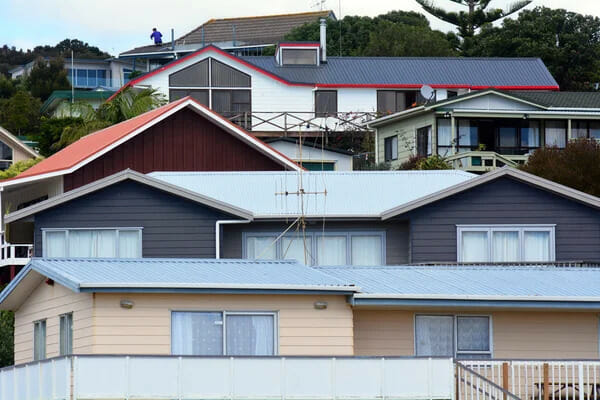
October 15, 2020
In our experience, most landlords genuinely care about the well-being of their tenants.
With insulation standards already mandatory since July 2019, the “Health Homes Standards” is the next step in making rental homes warmer and drier.
The good news is that the standards can be implemented over time. Most landlords will have until July 2021 to fully implement the required changes. There are however some things that must be in place on 1st of December this year; essentially by then, private landlords have to understand which areas of their properties comply with the new standards and which don’t and that information has to be supplied in writing to any new tenants, along with a plan of when and how full compliance will be achieved. Full details, including technical details can be found on the Tenancy Services website. https://www.tenancy.govt.nz/healthy-homes/
There are 5 areas that rental properties must comply with:
- Insulation standard
- Heating standard
- Ventilation standard
- Moisture ingress and drainage standard
- Draught stopping standard
All these standards are reasonably technical. Think twice about making assumptions on compliance without having all the technical facts at hand. A fine of up to $4000 should encourage most landlords to enlist some professional help by getting properties inspected.
For example, “insulation standards” have to have a minimum R rating, depending on the type of building, “heating standards” have to be able to keep the main living-room at a toasty 18 degrees and that measurement takes into account wall insulation, the size of the room and the number, size and type of windows amongst other things. In some cases the sizing of the heating source is not a straight-forward calculation.
Similarly, the “ventilation standards” and “moisture ingress and drainage standards” can be quite technical.
Why you should act now
From the 1st of December 2020, a compliance document has to accompany any new or renewing tenancy agreement. The document can be found at https://www.tenancy.govt.nz/assets/forms-templates/compliance-statement.pdf
There is a substantial amount of information required for this document and if this is not available, then there is a risk that the tenancy cannot be renewed until the information is complete. Landlords that do not act in time run the risk of their properties standing empty until the relevant information can be found. We advise not to get caught over the holiday period when there is no one to provide property inspections.
So, while landlords may not have to act immediately to remedy the shortcomings of the property, they have to be fully aware of what remedies have to be put in place by July 2021 and that means that if any expertise is required to gather that information, it’s best to do that early.
At Metro NZ we can arrange an authorised inspection for your property. (Link to new web page).
Why the Healthy Homes Standards are good for Landlords.
It’s pretty clear that the Healthy Homes Standards are good for tenants. We often hear from prospective tenants that mold and moisture-free homes are hard to find. Hopefully, after July next year, that will be a thing of the past.
In our experience, homes that are kept warm, well ventilated, and dry, require significantly less maintenance than homes where the standards have not been addressed.
Healthy homes make happy tenants and happy tenants are far more inclined to look after the property.
Property Managers
As property managers we ensure that our landlords are fully compliant with their properties. The obligations regarding the Healthy Homes Standards can be challenging. At Metro NZ Properties we have the required systems in place to perform thorough inspections and to produce the required documentation. We also have a team of professional renovators and builders that are ready to implement any work that needs to be completed to become compliant.
Photo by Roberto Nickson on Unsplash



